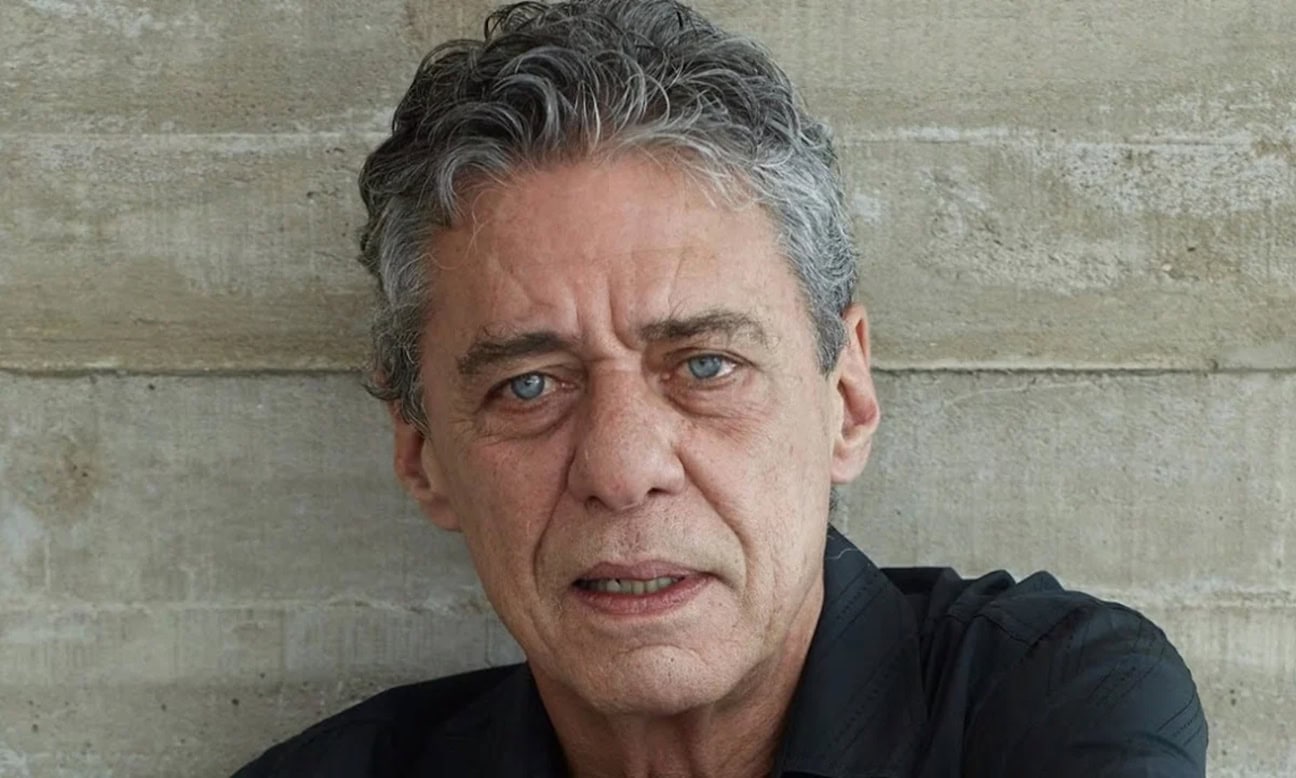With a career spanning fifty-eight years, Chico Buarque has composed 537 songs, recorded 1,302 tracks, released 50 albums (solo or collaborative, studio or live), written four plays, a novella, a book of short stories, and six novels. His next novel, “Bambino a Roma,” is set to be published in August. This impressive body of work defines the legacy of the composer, playwright, and writer as he celebrated his 80th birthday with his family in Paris (on Jun. 19).
Buarque’s extensive body of work is the focus of more than a dozen books, some of which are being launched during his octogenarian celebration. Among the authors is Adélia Bezerra de Meneses, a professor of literary theory at the State University of Campinas (Unicamp) and the University of São Paulo (USP). She has authored three books about the artist, with the latest, “Chico, Buarque ou a Poesia Resistente—Ensaios sobre as Letras de Canções Recentes,” currently nearing completion.
Meneses was a student activist in the 1960s, engaged in adult literacy using the Paulo Freire method in a workers’ village in Osasco. She participated in Popular Action meetings and attended Brazilian Popular Music (MPB) festivals at the Paramount Theater (TV Record) with “equal passion.” She pursued her master’s and doctorate under the guidance of Antonio Candido, a professor in the Department of Literary Theory and Comparative Literature at the University of São Paulo (USP). Her thesis was published in the book “Desenho Mágico—Poesia e Política em Chico Buarque,” which won the 1982 Jabuti Prize in the Essay category.
In an interview with Agência Brasil, Meneses explains why Chico Buarque’s songs deserve literary study: “From my own experience, I can say that not every song lyric can be treated as a poem, but Chico’s songs support this approach, which is neither superior nor inferior to musical analysis: it’s a different approach. It’s also important to note that there are distinctions among composers, and Buarque, according to his own statements, leans more towards lyrics than music.”
In her analysis of the artist’s work, the writer highlights that Chico Buarque’s production can be categorized as “resistance poetry,” encompassing nostalgic lyricism/love lyricism, utopia, and criticism. She emphasizes that this classification does not imply “a reduction to songs with explicit social themes.”
Source: Agência Brasil



